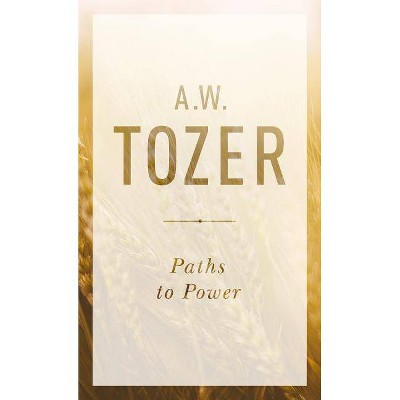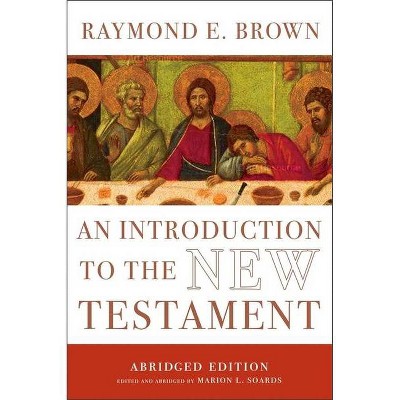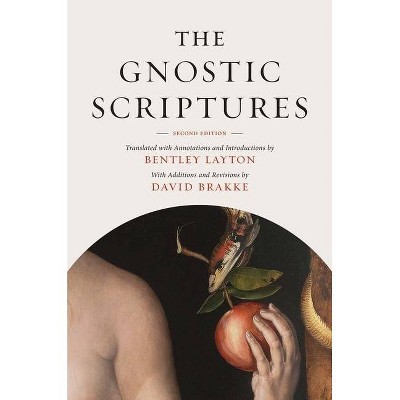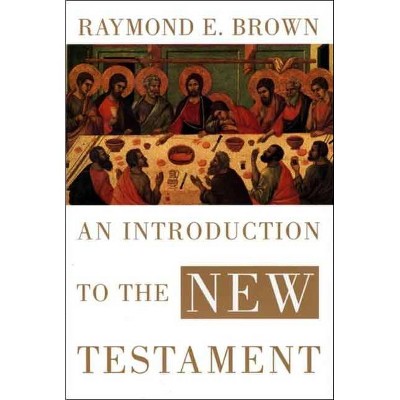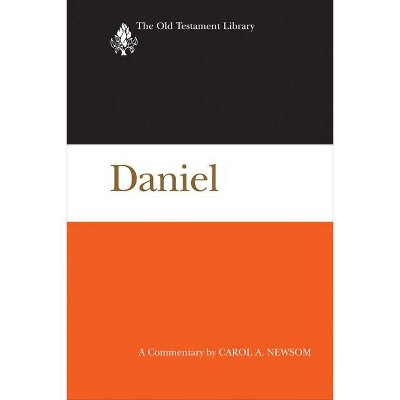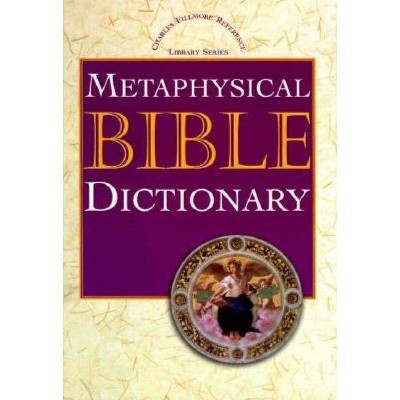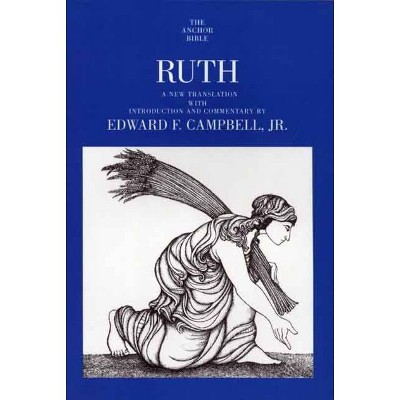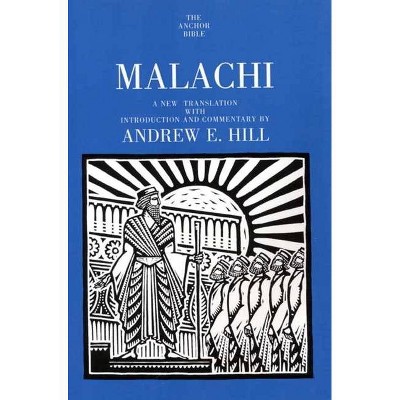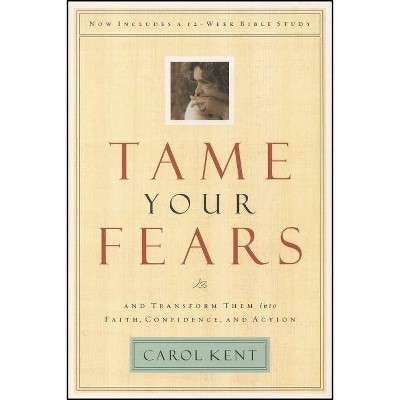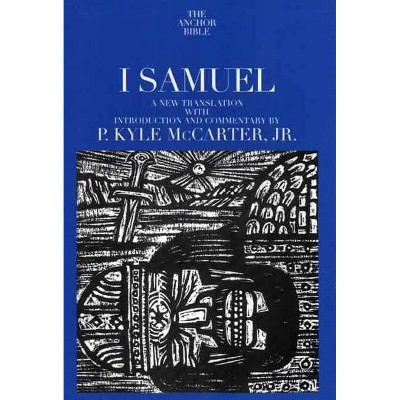The Spirit Within Me - (Anchor Yale Bible Reference Library) by Carol a Newsom (Hardcover)
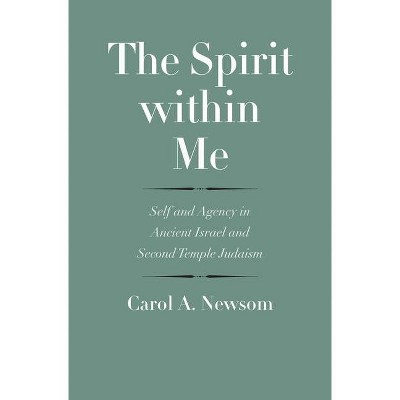
Similar Products
Products of same category from the store
AllProduct info
<p/><br></br><p><b> About the Book </b></p></br></br>Conceptions of "the self" have received significant recent attention in philosophy, anthropology, and cultural history. Scholars argue that the introspective self of the modern West is a distinctive phenomenon that cannot be projected back onto the cultures of antiquity. While acknowledging such difference is vital, it can lead to an inaccurate flattening of the ancient self. In this study, Carol A. Newsom explores the assumptions that govern ancient Israelite views of the self and its moral agency before the fall of Judah, as well as striking developments during the Second Temple period. She demonstrates how the collective trauma of the destruction of the Temple catalyzed changes in the experience of the self in Israelite literature, including first-person-singular prayers, notions of self-alienation, and emerging understandings of a defective heart and will. Examining novel forms of spirituality as well as sectarian texts, Newsom chronicles the evolving inward gaze in ancient Israelite literature, unveiling how introspection in Second Temple Judaism both parallels and differs from forms of introspective selfhood in Greco-Roman cultures.<p/><br></br><p><b> Book Synopsis </b></p></br></br><b>The first full-length study of the evolution of self and agency in ancient Israelite anthropology</b> <p/> Conceptions of "the self" have received significant recent attention in philosophy, anthropology, and cultural history. Scholars argue that the introspective self of the modern West is a distinctive phenomenon that cannot be projected back onto the cultures of antiquity. While acknowledging such difference is vital, it can lead to an inaccurate flattening of the ancient self. <p/> In this study, Carol A. Newsom explores the assumptions that govern ancient Israelite views of the self and its moral agency before the fall of Judah, as well as striking developments during the Second Temple period. She demonstrates how the collective trauma of the destruction of the Temple catalyzed changes in the experience of the self in Israelite literature, including first-person-singular prayers, notions of self-alienation, and emerging understandings of a defective heart and will. Examining novel forms of spirituality as well as sectarian texts, Newsom chronicles the evolving inward gaze in ancient Israelite literature, unveiling how introspection in Second Temple Judaism both parallels and differs from forms of introspective selfhood in Greco-Roman cultures.<p/><br></br><p><b> Review Quotes </b></p></br></br><br>"Elegant, learned, accessible and deeply engaging--I couldn't stop reading. This is a masterfully written text from beginning to end." Hindy Najman, University of Oxford <br> <p/>"For decades Carol Newsom has enriched exegetical research with her excellent contributions, and this newest book is her crowning jewel. This study of the inner self leads the reader directly to the heart of biblical and Jewish anthropology in antiquity."--Bernd Janowski, Universität Tübingen <br> <p/>"Newsom's strong philological skills combined with a deep literary sensitivity have made her one of the best biblical scholars of her generation. The present work explores the various means of constructing the self in Second Temple Judaism and offers striking new insights regarding the nature of moral agency."--Gary Anderson, author of <i>Sin: A History</i> and <i>Charity: The Place of the Poor in the Biblical Tradition</i> <br> <p/>"In this innovative and inspiring cultural history of the self in ancient Israel and early Judaism, Carol Newsom expertly combines perceptive reading of the ancient texts with modern discourse on the self and moral agency."--Eibert Tigchelaar, Katholieke Universiteit Leuven <br> <p/>"Newsom presents a wide-ranging look at the human self and moral agency as reflected in biblical and Second Temple texts. She breathes new life into familiar passages from the Psalms and Proverbs, Genesis, Deuteronomy, and Ezekiel. While her approach is rigorously analytical and tightly argued, behind it stands a profoundly moral thinker for whom the Bible remains an essential point of departure."--James Kugel, author of <i>The Great Shift: Encountering God in Biblical Times</i> <br> <p/><br><p/><br></br><p><b> About the Author </b></p></br></br><b>Carol A. Newsom</b> is the Charles Howard Candler Professor Emerita of Old Testament at Candler School of Theology, Emory University and the editor of the acclaimed <i>Women's Bible Commentary</i>.
Price History
Cheapest price in the interval: 40 on November 8, 2021
Most expensive price in the interval: 40 on December 20, 2021
Price Archive shows prices from various stores, lets you see history and find the cheapest. There is no actual sale on the website. For all support, inquiry and suggestion messagescommunication@pricearchive.us
